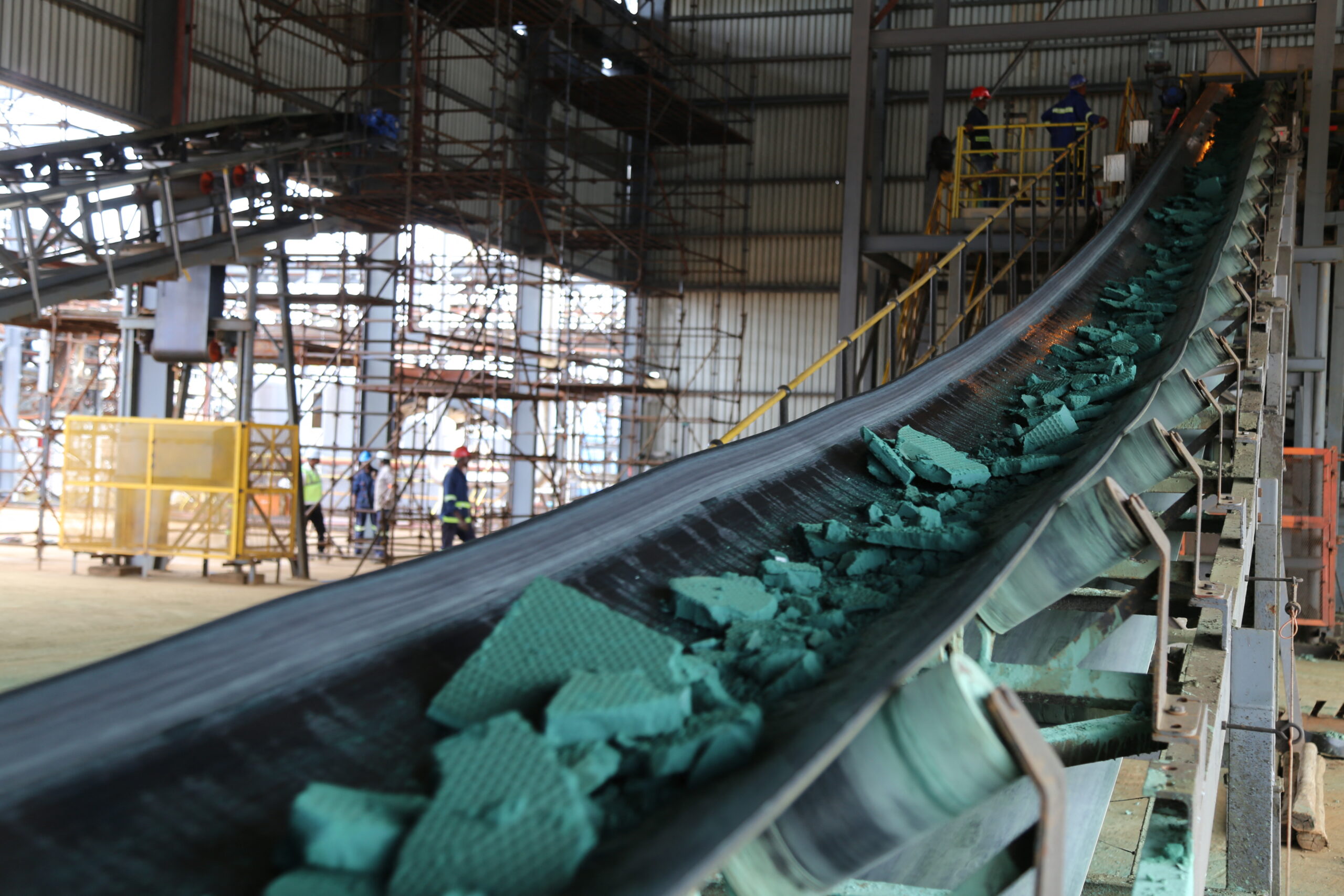The future of the electric vehicle with cobalt-free batteries (Photo by SAMIR TOUNSI / AFP)
- By eliminating cobalt, one of the most expensive raw materials in the EV production process, EV manufacturers can cut the cost of their electric vehicles by up to a third
- Panasonic, Nissan Motors and Tesla plan to use cobalt-free EV batteries in the next few years
One of the main reasons we don’t all drive electric vehicles is price. If you compare the cost of an electric vehicle (EV) to a similarly specified Internal Combustion Engine (ICE) car, it is at least $ 12,500 to $ 19,000 more expensive. The electric vehicle will be much cheaper to operate after purchase, but there is no denying that this massive acquisition cost is a significant incentive for widespread early adoption. The vast majority of the high cost comes from one thing – the high price of rechargeable batteries.
Because of this, some of Tesla’s recent advances in batteries are the most important developments to date, most notably the move away from cobalt. Other automakers are also working on cobalt-free EV batteries. In short, the battery will be the main component for all future and modern advances, and also the main reason for withholding acceptance of the industry vision of future clean, reliable and safe transportation for electric motors. The mixed nickel cobalt manganese lithium ion battery is the current and most popular supported choice.
Cobalt, the expensive, rare and poisonous blue mineral that used to make up the entire cathode of widely used lithium-ion batteries, will gradually disappear in future electric vehicles, making them not only less polluting but also cheaper. At least that is the picture that the world’s largest manufacturers of electric vehicle batteries painted at this year’s Virtual Consumer Electronics Show (CES).
Why is it important to be cobalt free?
Put simply, batteries typically account for 30% to 40% of the cost of an electric vehicle, and cobalt is one of the most expensive raw materials in the production process. By eliminating cobalt, EV manufacturers can cut the cost and price of electric cars by up to a third. In fact, there are already cobalt-free batteries. Instead, they use lithium iron phosphate (or LFP) as the positive electrode material. However, these batteries do not charge for long and can only be serviced over short distances.
From a commercial point of view, cobalt is initially no friend of the manufacturers of Li-ion batteries – due to the high costs of extracting the ready-to-use element. This has led many manufacturers to try to eradicate the material, although this has not yet been fully achieved. Effective immediately, the cost of cobalt will also rise due to dwindling supplies. Indeed that Helmholtz Institute Ulm (HIU) in Germany predicts that the supply of metal will reach critically low levels by 2050, creating an increased need to replace its use with new technologies.
From an ethical and ecological point of view, the material is ultimately also seen as a component that must be replaced quickly. The dismantling process is notoriously unhealthy for its employees. The US Centers for Disease Control and Prevention reports that “Chronic exposure to carbide-containing carbide (dust or smoke) can lead to a serious lung condition known as” carbide lung disease. ” ”
Who changes the batteries for electric vehicles?
Panasonic, a major battery supplier to Tesla, introduced its new lithium-ion cells, which contain less than 5% cobalt, earlier this year. The Japanese company plans to further reduce this percentage to zero in the next two to three years, which is a challenge from a manufacturing point of view, but is worthwhile for both economic and environmental reasons. A
Another Japanese automaker, Nissan Motor, plans to start using cobalt-free EV batteries by the mid-2020s. according to NikkeiAs the rare metal element becomes scarce and concerns about further price increases increase, global demand for electric vehicles increases. Basically, Nissan wants to cut the cost of electric vehicles without sacrificing the range of those cars on a single charge. Their rivals are racing towards the same goal lines as well, with Tesla currently looking to reduce the positive electrode cobalt composition ratio to a few percent. Even the ultimate goal is zero cobalt.
Dashveenjit kaur
| ![]() @DashveenjitK
@DashveenjitK
Dashveen writes for Tech Wire Asia and TechHQ, providing research-based commentary on the exciting world of technology in business. She previously covered the fast-paced political arena and stock market in Malaysia.

